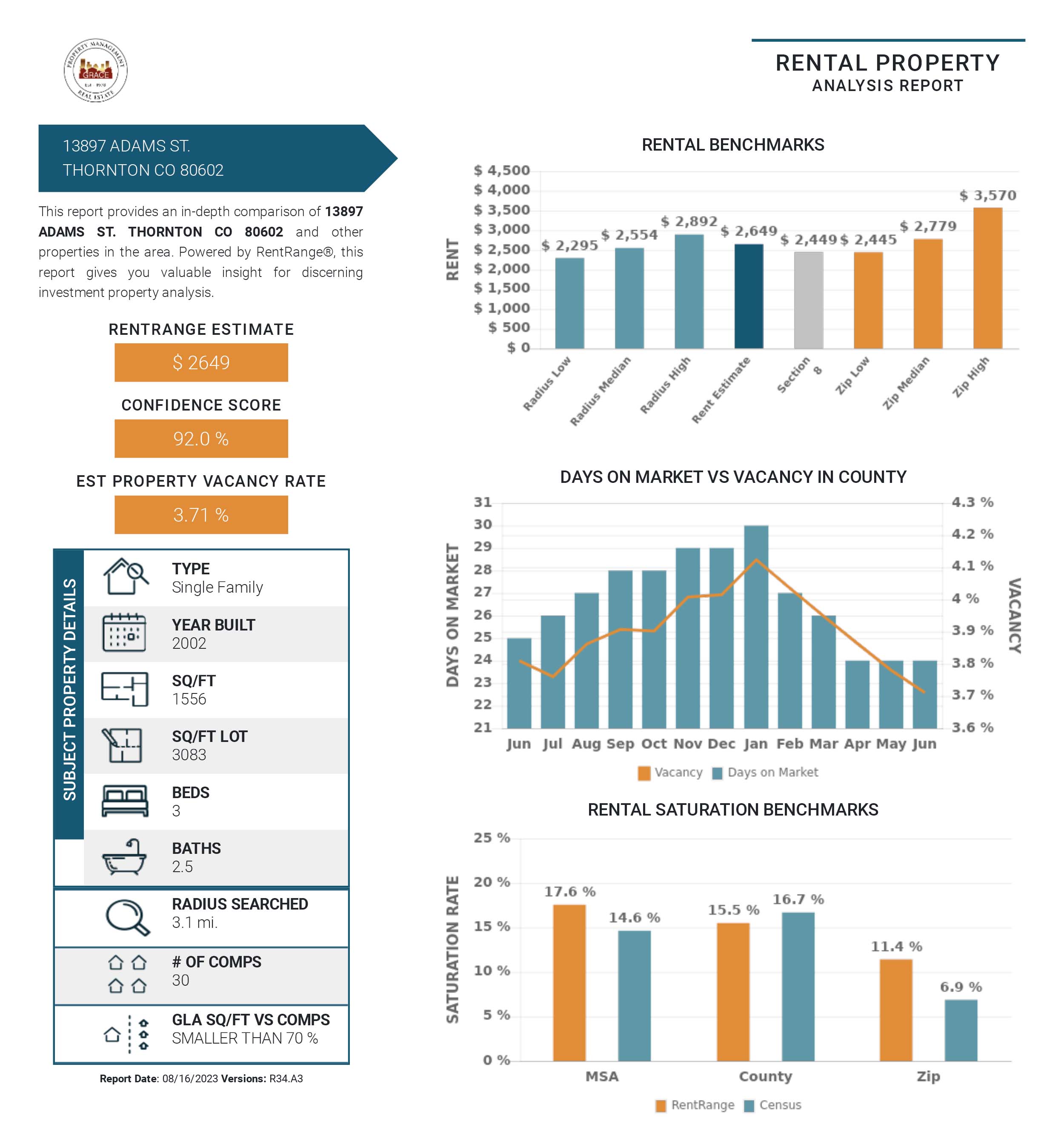How Do I Get Rid of a Bad Tenant?
No matter how diligently you’ve screened your tenants,
you’re bound to eventually get a bad one. Bad tenants tend to violate one of
two things: the rent or the lease. We’ve outlined the steps a landlord should
take when handling either non-paying or lease-violating tenants below.
Payment Violations
- If your tenant is struggling to pay their
rent, you want to move quickly and compassionately to either get the
tenant back on track with payment or get them moved out of the property. While it’s a
hard conversation to have with your tenant, you as the landlord need to be
proactive in this situation. Give the tenant a call or physically visit
the property to find out what’s keeping them from paying on time.
- Set a clear policy in place detailing when
rent is due, when it’s considered late, how you enforce the late fee and
when you serve and begin the processing of a 3-day legal eviction process.
If the lease agreement states that rent is due on the 1st of the month and
you have a 3-day grace period, if you still haven’t received payment on
the 4th you can begin the eviction process.
- You will need to physically serve the property
with a legal, state-required 3-day notice to pay. Ideally, the tenant will
pay the rent amount within this window. Colorado law states that in this
scenario you’re legally required to accept. If after the 3-day window you still have not
received payment, you’re no longer required to accept payment and can
initiate the next phase of the eviction process.
- We strongly recommend hiring an attorney
who can set a court date with a judge to grant possession of the property
back to you for nonpayment of rent. Best-case scenario, the tenant doesn’t
appear in court. If they do, they can file an answer and request a court
date.
TIP: Adhere to the terms of your lease
agreement! Don’t get in the habit of accepting late payments. By doing so,
you’re potentially foregoing your legal ability to charge a late fee or
maintain the status of rent being due on a set date.
Lease Violations
- A strong lease agreement is essential. Outline
the tenant’s responsibilities and consequences for not abiding to their
responsibilities in the lease. You probably don’t want to evict your
tenant for an overgrown lawn, but major violations on your property might
qualify. You’ll have to decide how serious the violation is and how far you want to push the issue based on the quality of your resident and the severity of the issue.
- Weigh the time remaining on the lease. If the
expiration is in the range of 60 days or less, don’t go through the
eviction process. Save yourself time and money and give the tenant a
notice of non-renewal stating that at expiration, you will not be offering
a lease renewal.
As a professional investor, your goal when handling either
situation is to make the process as painless as possible for both parties.
Ideally, you want to work with the tenant to get back on good standing or move
out, while also mitigating the time, expenses and damages associated with
eviction. If you’re self-managing, you should engage an attorney or even a
reputable property manager to help you navigate through this process as
smoothly as possible.
Have questions? Give us a call, 303-255-1990.





